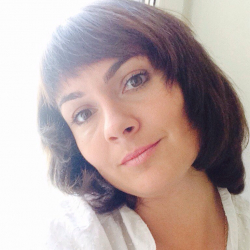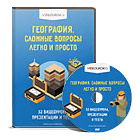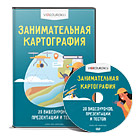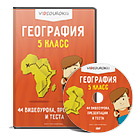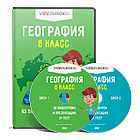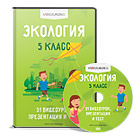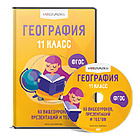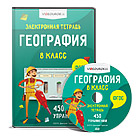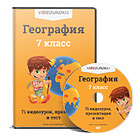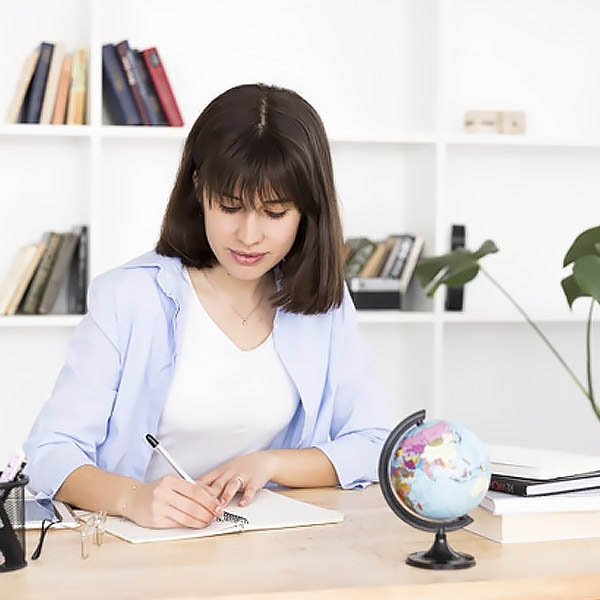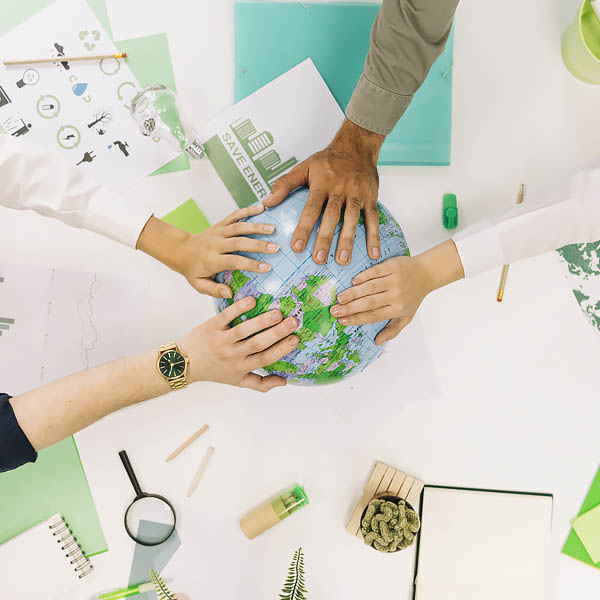
Education:
- In Russia
- In England
- In Tunis

Education is the face of the mind
Topicality: Being a student of Russian school, knowing the structure of Russian education, it would be interesting to compare it with another structures. How much different are educational system in the host country – Tunis, and to the country of the language I study – UK
To achieve the goal, we set ourselves the following tasks:
1. Compare the history of the formation of schools in Russia and in the UK.
2. To study the types of schools in Russia and in the UK.
3. Contact a pen-friend for more “live” information about primary school abroad
4. To conduct a survey of Russian students

History of education

History of the Russian school
The first schools were formed in Kiev in 988. Vladimir Svyatoslavovich ordered to establish the first school. Boyars gave their children to school for learning to read and write. Such compulsory education caused no interest among children.
First school in Russia
Vladimir Svyatoslavovich

Within the walls of the first school, several hundred students received education at once. Pupils were divided into groups of different ages up to 15 people. Each such group has its own teacher attached.

Under Vladimir, only boys could receive an education. It was believed that women did not need a diploma, because in the future they all became mistresses.

History of the English school
Secondary education in England has a rich history and ancient traditions. It was modified and improved with each century, relying not only on customs, but also on innovations and achievements of mankind.

And one of his phenomena were English boarding schools. The first European boarding school opened its doors in 597 in the ancient city of Canterbury in the south-east of England.

It was called The King's School and was under the auspices of a local monastery. In 973, The King's School Ely, a private boarding school, was founded — at that time it offered the best education in the UK

History of the Tunisian school

School education
School education is an important element of education in modern society, which forms the basic knowledge and skills of a child.

School education in Russia

Institutions of additional education
School
Institutions for orphans and children left without parental care
Russian educational institutions are divided into institutions of the following types:
Vocational education (primary, secondary and higher vocational education)
Other educational institutions
General education (primary general, basic general, secondary (complete) general education)
Special (correctional) for children with developmental disabilities

Preschool educational institutions
By preschool educational institutions include kindergartens, nursery schools, gymnasiums, children's developmental centers, etc. are included in preschool educational institutions. The creation of such types of institutions is aimed at creating assistance to families for raising children from one to six years.

Institutions of this type are aimed at protecting and strengthening the physical and mental health of babies, at developing individual abilities and at the necessary correction of developmental deficiencies. One of the goals of a preschool educational institution is to prepare children for school.

Educational institutions
General education institutions are represented mainly by state general education schools, as well as elite institutions - gymnasiums and lyceums.
The secondary school has three levels:
Stage I - elementary school (3-4 years);
Stage II - basic school (5 years);
Stage III - high school (2 - 3 years).
School steps correspond to the three main stages of child development: childhood, adolescence, adolescence.

Elementary school
The objectives of primary education is the education and development of students. Teachers teach children writing, reading, counting, basic learning skills. A large amount of time is devoted to the development of creative thinking, the simplest skills of self-control, culture of behavior and speech, as well as the basics of personal hygiene and a healthy lifestyle.

Basic school
Basic school is compulsory. Graduates of elementary schools continue their education in secondary schools, but also have the right to continue their education in vocational schools of various types and profiles with different periods of study, in evening and correspondence secondary schools.

The basic general education creates conditions for the upbringing, formation and organization of the student’s personality , develops the child’s inclinations , interests and abilities to social self-determination. It is the basis for obtaining secondary (complete) general education, as well as for primary and secondary vocational education.

High school
The high school creates conditions for children to be actively involved in society, taking into account the interests of students.
Evening and correspondence schools have been created for working youth and are open mainly on the basis of tertiary schools. In these schools, students can receive a specialized differentiated secondary education of interest to them or supplement one specialized educational preparation with another.

School education in England
In England, schools are very diverse. Boarding schools are common, where students live on the school grounds and gain knowledge.

Preschool
Full-cycle schools for children aged three to eighteen years
Institutions for younger students are divided into Junior Schools and Primary Schools
The education system in England is classified according to the following principles:
Institutions for high school students are divided into Senior Schools, Secondary School and Grammar School
University preparatory schools are designed for older teens aged sixteen to eighteen years

Junior Schools and Primary Schools
Primary Schools accepts children between the ages of four and eleven. In the second and sixth years of study, the SATs exams are taken - as in the previous case, they are required for admission to high school.
Junior Schools enroll children between the ages of seven and thirteen. They study a special general elementary cycle of subjects, and ends with an examination, the success of which is necessary in order to enter high school.

Let’s know more about primary school in the UK
The first stage in the formation of each person as an “Educated person” is the primary educational institution, namely the school.
There we get the basics of knowledge: we learn to read, write, count, draw, think. And depending on how well we assimilate the initial information, and our further development will depend, as a full-fledged representative of the society, the country.
Therefore, we decided to look into the school life of an elementary school in Russia, in the United Kingdom and in Tunisia.
To plunge into primary school in England, we contacted our pen-friend Amalie. She is 7 years old and she is a student of elementary school in the UK.
Amalie shared with us the moments of his school life.

Her school day usually starts at 8.55 with registration.
Then they move to the tables and work in groups. Each group has a name (blue, yellow, green, etc.) and children are grouped according to their abilities and level. Each team has its own table of tasks for the day according to their capabilities.
At the beginning of the lesson, the children usually sit cross-legged on a carpet on the floor and listen to explanations and tasks for the day.

After doing some work for children, a break (playtime) when they can play on the playground. After the second session, the children go to lunch .
Greenwood
Once a week, children visit the school library in order to choose a book to read, which they must master in a week .

On Thursdays, they get homework, which they must complete by Wednesday next week.
After lunch, children usually have two more sessions and they end their day at 3.30.

After school, some children attend interest clubs until 5.45, where they play various games, draw and participate in various activities, such as football, violin, guitar, languages, etc.

Senior Schools
Senior Schools are designed for children of thirteen or eighteen. In these schools, teens first study for two years, then pass the GCSE exams, and then they have another two-year program of study.

Secondary School and Grammar School
Grammar School also trains children from eleven years old, but there are in-depth programs here. In such a school, you can even get a full-fledged preparation for entering a higher educational institution.
Secondary School provides an opportunity to receive education for children from eleven years.

School education in Tunis
Each country has it is own specific of education. Tunisia is not exception. But, unfortunately, some of opinions about education. Let’s describe some of details.
To plunge into school education in Tunis, we contacted our pen-friend Leila. She is 17 years old and she is a student of senior school in Tunis.
Leila shared with us the moments of Tunisian education.
13

Education in Tunis last 12 years: 6 years for primary school, 3 years for secondary school and 3 years for lycee. There they are preparing to pass final exams – BAC. Actually, tunusian student have to pass 8 or 9 obligatory exams. Of course, all of them are going with direction witch were be chose in the second years of lycee.
In Tunisia students should know 3 languages minimum: arabie, french, english. And they can choose one more language: spanish, german and even russian.

About direction, as in our schools there are general classes: physics, mathematical, humanitarian and scientistic. Each direction has individual block of subjects. It’s a really long story.
I have a lot of tunisian friends and their school life isn’t the fairy taile as we can see in series. They have trymesters: 5 weeks of studying, 1 week of vocations. And every trymester : the week before and the week after vocations they’re having tests. In all subjects.
Actually , about studying. What do you think about studying time? Almost, 9 hours with lunch time from 12 o’clock to 1 o’clock.
I have never studied in tunisian school, but all of my friends are not really proud of their knowledge witch they got in school.
In general, I can say that it seems that tunisian educational system is totally out. Of course it has disadvantages(sicret information in primary schools) but advantages also there are . To be honest, education in high school is really serious, but disorganised. It’s the biggest problem.

Priorities of Russian students
We were interested in it, the children of our elementary school would like to study the mode of education of the elementary school in England. The hypothesis put forward by us was not confirmed. Most respondents believe that education abroad provides more opportunities than education in Russia.


Conclusion

Having considered the types of educational institutions in Russia and Great Britain, we can conclude that the state provides for equal access and quality education for all its citizens. Neither in Russia nor abroad is anyone deprived of the right to receive basic secondary education. For everyone who wants to continue their studies, there are professional educational institutions.
But, despite the existing features and diversity of educational institutions, the state provides for uniform regulatory documents on which all participants in the upbringing and education process should rely.

After analyzing the modern trends in the development of the education systems of the leading countries, it can be concluded that each of these countries has certain features and certain established traditions in the field of education. But at the same time, they have certain similarities. School education systems are divided into several levels: primary school, primary school and high school.
The purpose of education in the education system of Russia, Tunisia and the UK is to bring up a developed personality, to prepare children for life in society. Free secondary education is guaranteed in these countries. Along with public schools, there are private schools where training is conducted on a fee basis.




